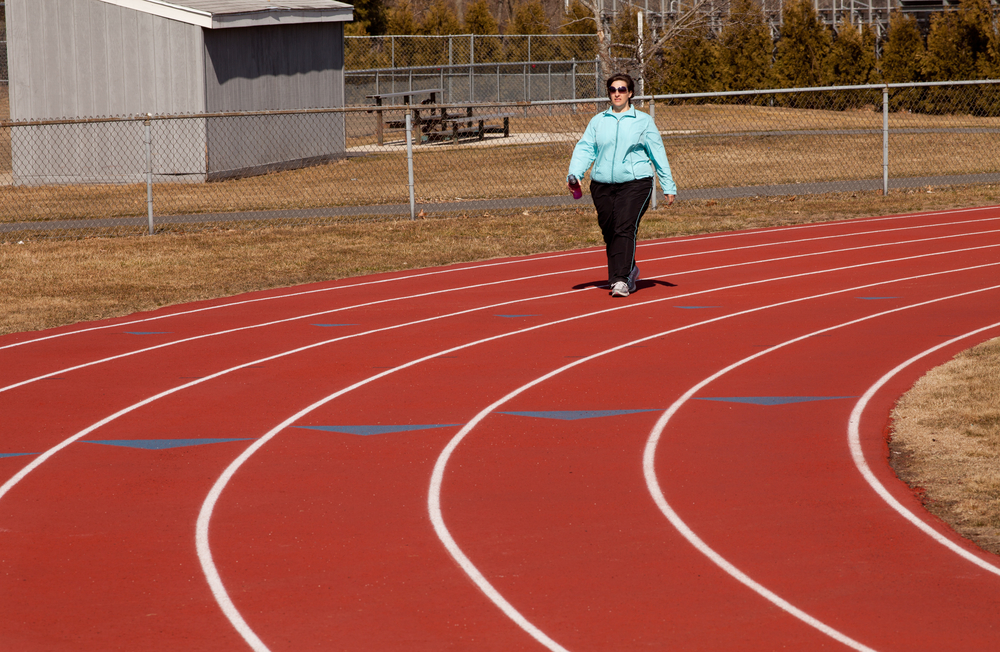Exercise Boosts Life Expectancy, Study Finds

Get the world’s most fascinating discoveries delivered straight to your inbox.
You are now subscribed
Your newsletter sign-up was successful
Want to add more newsletters?

Delivered Daily
Daily Newsletter
Sign up for the latest discoveries, groundbreaking research and fascinating breakthroughs that impact you and the wider world direct to your inbox.

Once a week
Life's Little Mysteries
Feed your curiosity with an exclusive mystery every week, solved with science and delivered direct to your inbox before it's seen anywhere else.

Once a week
How It Works
Sign up to our free science & technology newsletter for your weekly fix of fascinating articles, quick quizzes, amazing images, and more

Delivered daily
Space.com Newsletter
Breaking space news, the latest updates on rocket launches, skywatching events and more!

Once a month
Watch This Space
Sign up to our monthly entertainment newsletter to keep up with all our coverage of the latest sci-fi and space movies, tv shows, games and books.

Once a week
Night Sky This Week
Discover this week's must-see night sky events, moon phases, and stunning astrophotos. Sign up for our skywatching newsletter and explore the universe with us!
Join the club
Get full access to premium articles, exclusive features and a growing list of member rewards.
Regular, moderate physical activity such as brisk walking can increase life expectancy by several years, even for people who are overweight, a new large study shows.
While higher levels of activity were linked to even longer life expectancies, moderate activity was beneficial, according to the study of people ages 40 and older. The benefit of exercise was seen regardless of people's weight, age, sex and health conditions such as heart disease and cancer.
For example, obese participants who did moderate exercise for 150 minutes a week lived an average of 2.7 to 3.4 years longer, depending on how obese they were, than those who were obese and did not exercise.
Those who were overweight (but not obese) and did 150 minutes of moderate exercise weekly lived 3.9 years longer those who were overweight and did not exercise.
Normal-weight people who exercised for 150 minutes or more weekly lived about 4.7 years longer than normal-weight people who did not do regular moderate exercise.
"Many individuals in the U.S. are overweight or obese," and find that reducing their weight is difficult, said study researcher I-Min Lee, a professor of epidemiology at the Harvard School of Public Health. "Our study shows that by being physically active, even overweight or obese people can increase their life expectancy, compared to someone of the same weight who is not active."
The researchers say this is the first study to estimate years of life lost due to physical inactivity and body mass index (BMI).
Get the world’s most fascinating discoveries delivered straight to your inbox.
When the researchers considered all study participants, they found that those who did 75 minutes of moderate-intensity activity weekly lived 1.8 years longer, on average, compared with people who did no physical activity.
Greater amounts of physical activity were associated with additional life expectancy gains. At the highest level of activity — 450 minutes per week — the gain was 4.5 years.
"This finding provides further evidence that there is a clear, direct dose-response relationship between volume of physical activity and years of life gained," said Mark Tremblay, director of the Healthy Active Living and Obesity Research Group at the University of Ottawa, Canada.
The researchers used data gathered during six previous studies, including a total of nearly 640,000 men and women ages 40 and over. Over a follow-up period of about 10 years, about 82,500 of these participants died.
Normal-weight individuals who exercised at a moderate level for at least 150 minutes weekly lived about 7.2 years longer, on average, compared with people who were inactive and obese.
The study was limited in that it relied on self-reported physical activity and height and weight, said Stuart Olshansky, a professor of epidemiology at the University of Illinois who was not involved in the work.
Still, Olshansky said, "the authors have provided us with a very convincing argument that exercise is about the only equivalent of a fountain of youth that exists today."
The study is published today (Nov. 6) in the journal Public Library of Science (PLOS) Medicine.
Pass it on: As little as 75 minutes of brisk walking a week can increase life expectancy even for those who are overweight.
Follow MyHealthNewsDaily on Twitter @MyHealth_MHND. We're also on Facebook & Google+.
 Live Science Plus
Live Science Plus










